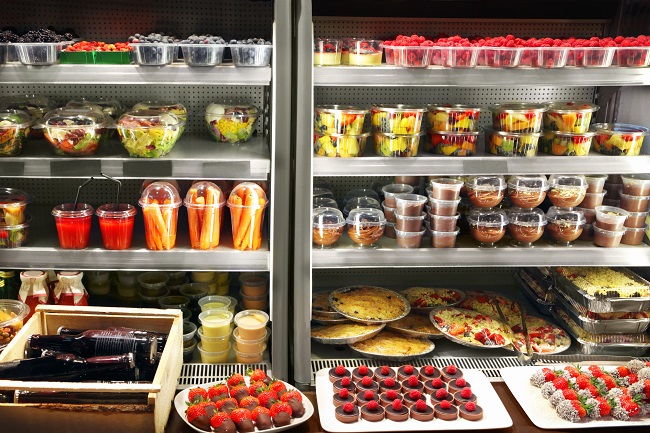The safety of bio-based food contact materials has been examined in a new report produced for the FSA.
Bio-based food contact materials (BBFCMs) are made from biological, renewable resources. They are a popular alternative to fossil fuel-based materials because they come from sustainable sources and are generally biodegradable or compostable.
An increasing number of BBFCMs are coming onto the market and the FSA commissioned a review of evidence relating to potential risks and other unintended consequences of replacing oil-based plastic food packaging and other food contact materials with BBFCMs.
The report, produced by Fera, found that BBFCMs can exhibit properties similar to traditional oil-based plastics, enabling comparable shelf-life performance and consumer protection. It also suggested that current risk assessment processes for establishing contaminant chemical transfer from packaging to food would be appropriate for BBFCMs.
Prof. Rick Mumford, Director of Science, Evidence and Research at the Food Standards Agency, said:
'With an increasing number of different bio-based food contact materials coming onto the market, this review has shown that more work needs to be carried out to better identify the benefits and potential risks associated with these new materials.
We will continue to work with businesses as they look to more sustainable packaging alternatives to ensure that the materials they use are safe and fit for purpose.'
Food Packaging
There is a comprehensive system in place to keep food and packaging safe. This includes legislation specifying what chemicals can and cannot be included for materials such as plastics, and a rigorous risk assessment process. The legislation requires that chemicals must not migrate into foods at levels which harm health.All businesses must ensure the materials used in their food packaging are suitable for the food and the conditions of use.

Fera plays a leading role in this area and is the UK’s National Reference laboratory for analysis for food contact materials. Food contact materials testing is used worldwide to make sure that food is not contaminated by the products it comes into contact with. Our work involves research, surveillance and targeted and non-targeted analysis of known and unknown migrants.







